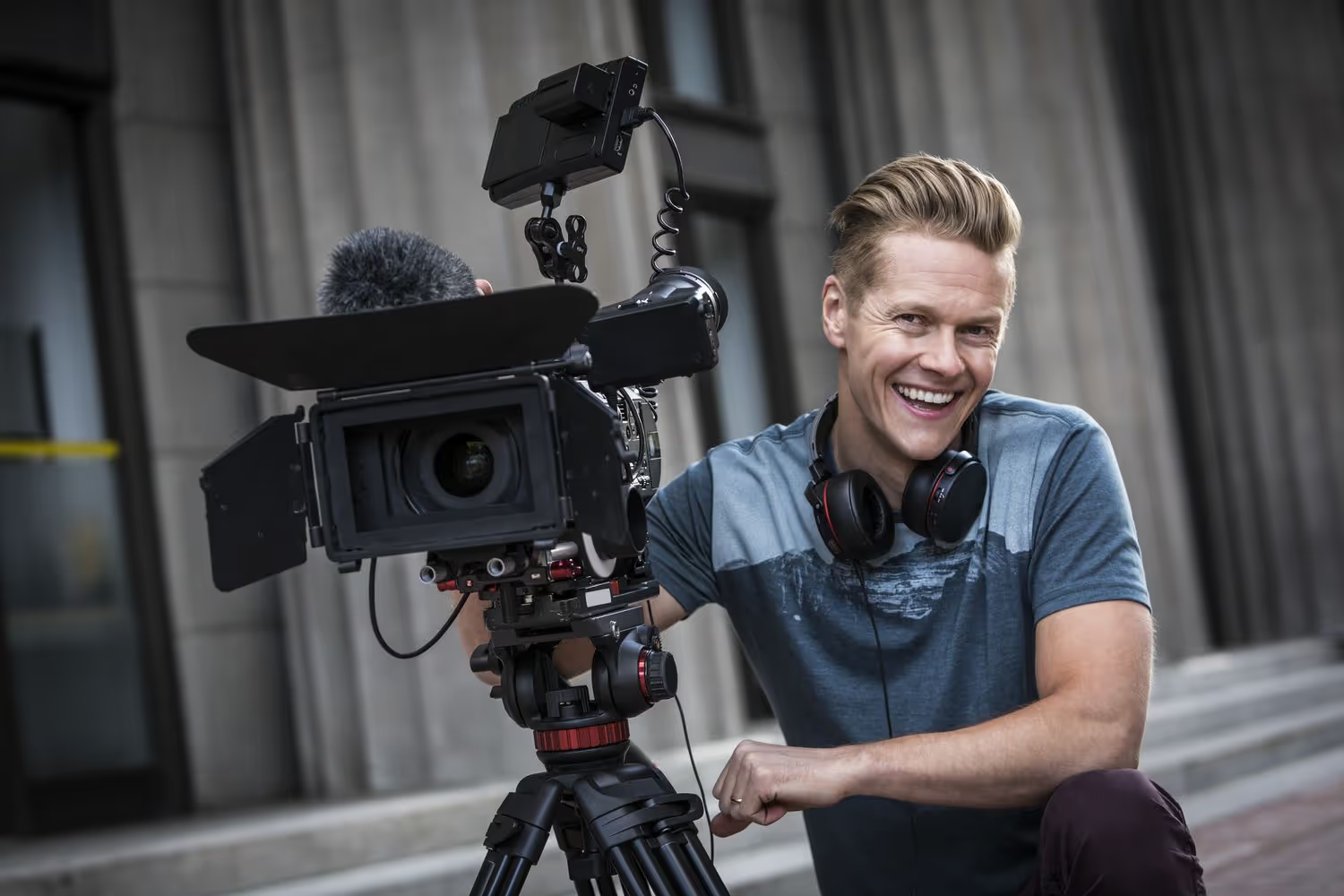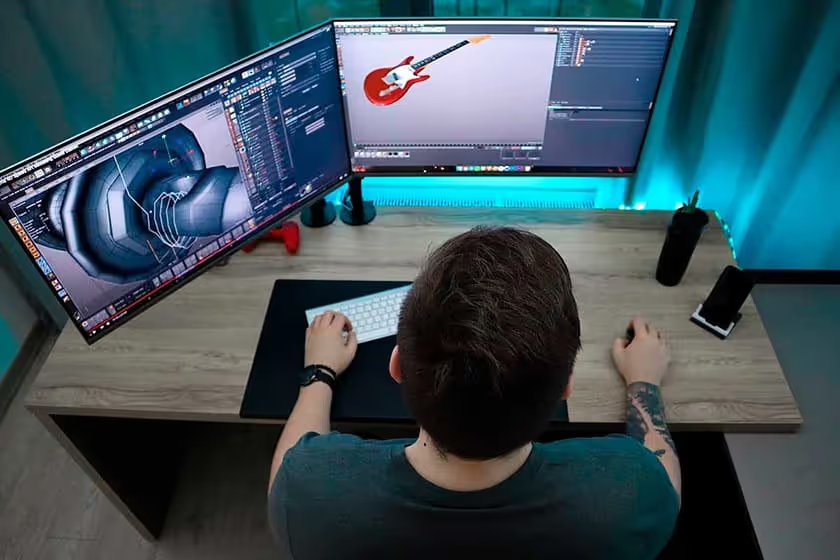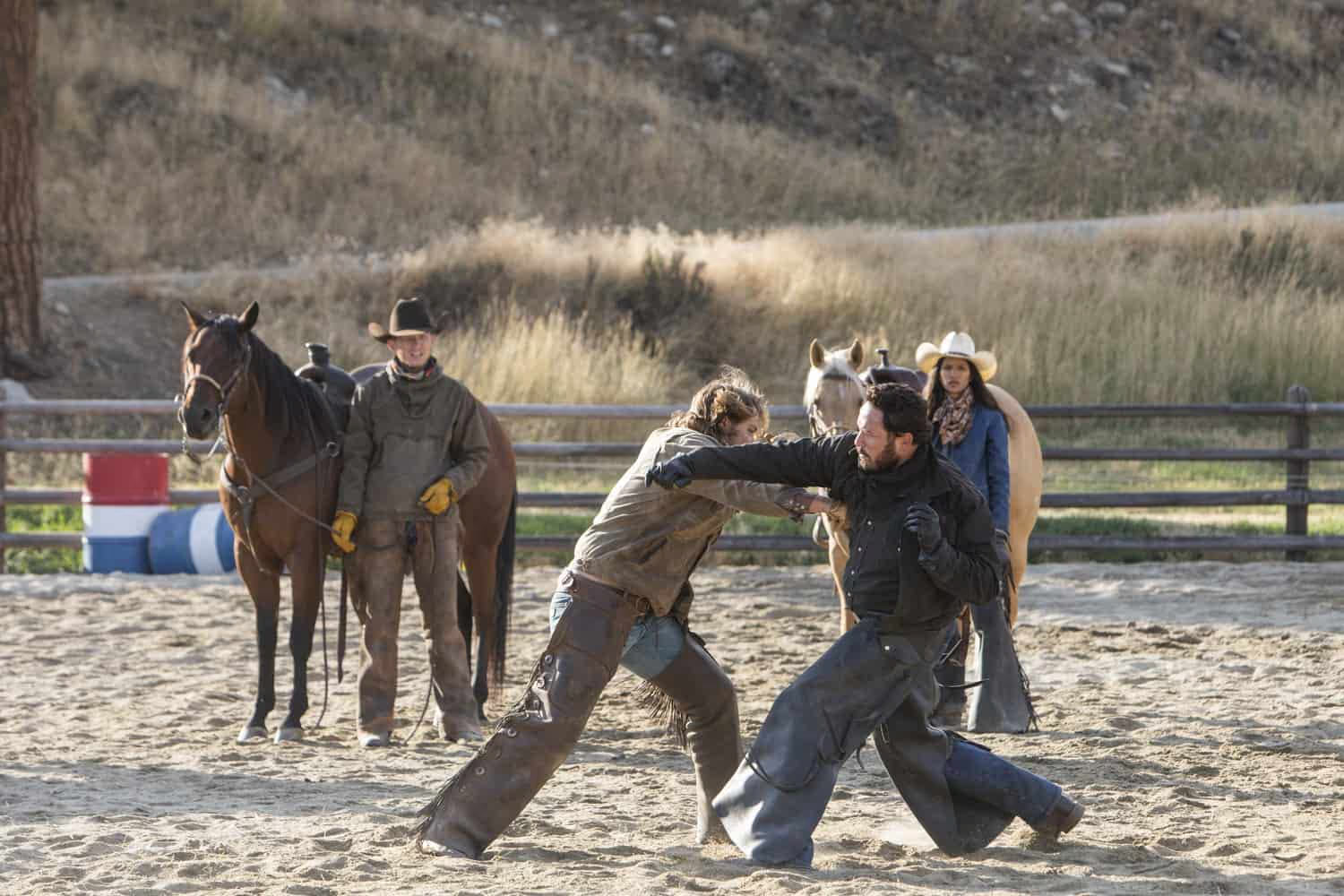Table of Contents
A camera operator is a crucial part of any film or television production. They are responsible for capturing the visuals that tell the story and bring the script to life. They work with a variety of technical equipment, including cranes, mobile mountings, and digital cameras, to achieve the desired composition and movement of the camera.
These professionals work closely with the director and cinematographer to understand the vision of the production and determine the best way to capture each shot. They must have a deep understanding of the camera's specifications and capabilities, as well as lighting and sound requirements for camera shots. Camera operators must also be able to adapt quickly to changing situations and work under pressure to ensure that each shot is captured perfectly.
If you're interested in pursuing a career as a studio camera operator, it's important to understand the job duties, required skills, and potential salary. In this article, we will provide an overview of what a camera operator does, the skills and qualifications needed to become a studio camera operator working as one, and what you can expect to earn in this exciting and rewarding career.
Job Description
A camera operator is responsible for capturing the shot of a film, show, or other production. They work closely with the director to determine the overall vision of the production and discuss filming and editing techniques to improve the scene. The camera operator is responsible for selecting the appropriate equipment, from the type of camera to the software for editing, and assembling and setting up the equipment.
The camera operator must have excellent visual skills and eye-hand coordination. They need to be creative and pay attention to detail to achieve the desired composition that tells the story in the best way possible. They collaborate with many camera operators, producers, and directors, making superb listening and speaking skills necessary.
Camera operators may work in a variety of settings, such as on a film set, in a television studio, or on location. They may also specialize in different types of cameras, in a fixed position, such as handheld or stationary, or in specific genres, such as documentaries or music videos.
Skills Required
Studio camera operators are responsible for capturing the shot of a film, show, or other production. To achieve the desired composition that tells the story in the best way possible, a camera operator must possess various skills. Here are some of the most important skills required for a camera operator:
- Video production: A camera operator must have a good understanding of video production techniques and processes. This includes knowledge of lighting, sound, and editing.
- Camera equipment: A camera operator must be familiar with all camera equipment and accessories. This includes cameras, lenses, tripods, stabilizers, and other accessories.
- Camera operation: A camera operator must have excellent technical skills and be able to operate the camera smoothly and accurately.
- Creativity: A camera operator must be creative and have excellent visual skills. They must be able to think outside the box and come up with unique and interesting shots.
- Attention to detail: A camera operator must have a keen eye for detail and be able to spot any issues or inconsistencies in the shot.
- Collaboration: A camera operator must be able to work well with others, including producers, directors, and other crew members. They must be able to take direction and communicate effectively.
- Listening and speaking skills: A camera operator must have excellent listening and speaking skills to collaborate effectively with others.
- Physical stamina: A camera operator must have good physical stamina and be able to stand or hold the camera for long periods.
Overall, most camera operators must be able to combine technical skills with creativity and collaboration to capture the best possible shot for production. It is to become a camera operator a challenging but rewarding job that requires a wide range of skills and expertise.
Working Environment
Camera operators work in a variety of settings, including film and television studios, outdoor locations, and newsrooms. They may work in cramped or uncomfortable spaces, such as on a scaffold or video camera, or in a small room with equipment. Additionally, they may need to stand or sit for long periods while operating the camera.
Camera operators often work long and irregular hours, including nights, weekends, and holidays. They may work on multiple projects simultaneously, and their schedules can change frequently. They may also need to travel for work, both domestically and internationally.
Camera operators must also be able to handle the physical demands of the camera operating job, including carrying heavy equipment and standing for long periods. They must also be able to maintain a high level of concentration and focus while operating the camera.
Career Path
Camera operators typically start their careers as camera trainees or assistant camera operators. These entry-level positions provide opportunities to learn technical skills and gain experience on set. Camera trainees and camera assistants work alongside experienced camera operators and learn how to set up and operate equipment, frame shots, and follow the action. They may also assist with lighting and sound.
After gaining some experience in video production houses, camera trainees and assistants can move up to become camera operators. Camera operators are responsible for capturing the footage as dictated by the script, director, and cinematographer. They work closely with the director of photography (DP) and may collaborate with other members of the camera crew to achieve the desired look and feel of the film or TV show.
Camera operators who demonstrate exceptional skill and experience may advance to become DP themselves. The DP is responsible for designing the visual style of the film or TV show and overseeing the work of the camera crew. They work closely with the director and other members of the creative team to ensure that the visual elements of the production align with the overall director's vision.
Some camera operators may choose to specialize in a particular type of filming, such as documentaries or sports. Others may choose to work in a specific industry, such as advertising or music videos. There are also opportunities for camera operators to work in other areas of the film and TV industry, such as editing, visual effects, or production management.
Conclusion
Camera operators play an essential role in the film, television, and media industries. They are responsible for operating cameras and capturing high-quality images for various productions. Camera operators work closely with directors, cinematographers, and other crew members to ensure that the vision of the production is achieved.
While the role of a camera operator may seem straightforward, it requires a high level of skill, knowledge, and expertise. Camera operators must have a thorough understanding of camera equipment, lighting camera lenses, and composition to capture the perfect shot. They must also be able to work under pressure and adapt to changing situations quickly.
Camera operators can work in a variety of settings, including on film sets, in television studios, and at live events. They may work as part of a larger crew or as solo camera operator roles, depending on the size and scope of the production. Regardless of the setting, camera operators must be able to work collaboratively with other crew members to ensure that the final product meets the expectations of the client or audience.
In conclusion, camera operators are an integral part of the entertainment and film industry. Their skills and expertise allow them to capture stunning visuals that bring stories to life. Whether working on a blockbuster film or a small-scale production, camera operators are essential to the success of any project.






